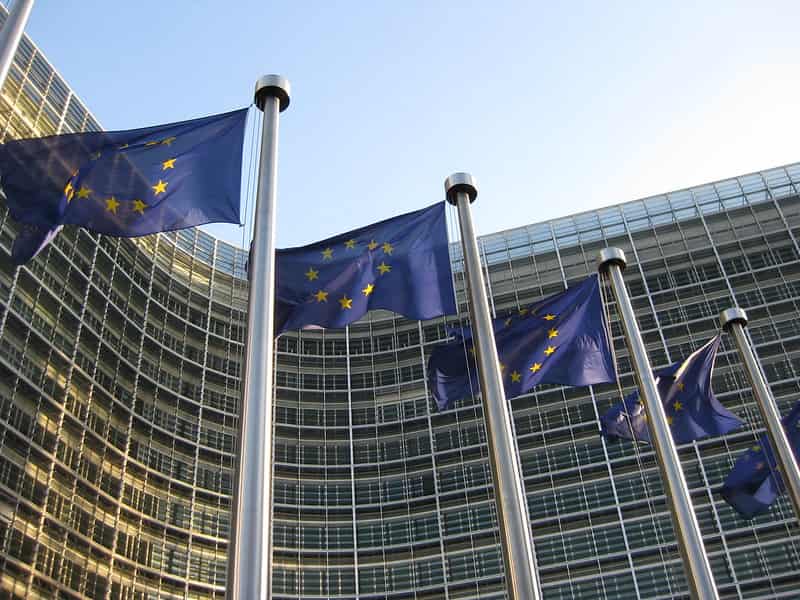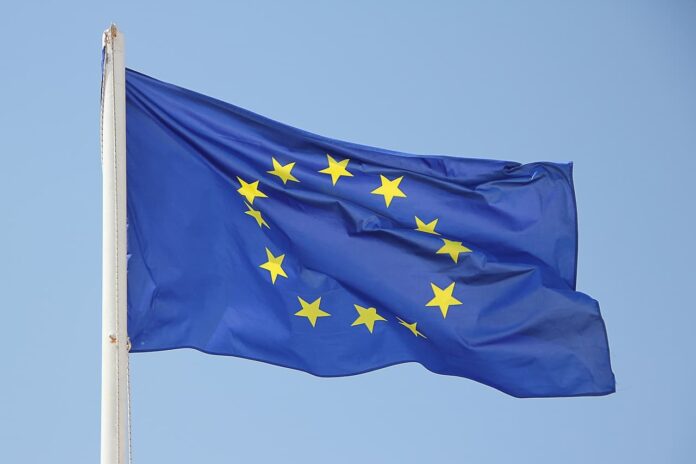Malta is a beautiful island nation located in the azure Mediterranean Sea. Known for its stunning architecture, warm climate and friendly people. One important event in Malta’s recent history is its accession to the European Union (EU).
This article explores when Malta joined the EU. The journey leading up to this decision and the impact of membership on the country.
Background on the European Union
The European Union (EU) is a political and economic partnership. At present, between 27 European countries. Created to promote peace, stability and prosperity across Europe. After the devastation of World War II. The idea was that countries working together would prevent future conflicts. Thus, fostering economic cooperation.
The EU began in 1951, as the European Coal and Steel Community. It included six countries—Belgium, France, Germany, Italy, Luxembourg and the Netherlands. These nations agreed to manage their coal and steel industries together. To ensure no single country could in secret build up weapons. This initial success led to broader cooperation. In 1957, they formed the European Economic Community (EEC). Removing trade barriers between member countries.
Over time, more nations joined the EEC. This led to the establishment of the European Union, through the Treaty of Maastricht. The treaty was signed in 1992 but came into force in 1993. Nowadays, the EU works on various issues beyond trade. Including climate change, human rights and security. It also introduced a common currency, the euro, used by 19 of the member countries.
The EU has a unique structure with its own governing bodies. Such as the European Commission. Along with the European Parliament and the European Court of Justice. These help make decisions for the entire bloc. Despite some challenges, the EU has played a crucial role in uniting Europe. Along with shaping its political and economic future.
Malta’s Journey to EU Membership
Before becoming a member of the EU, Malta had a long history of relationships with various countries. After gaining independence from Britain in 1964, Malta sought to strengthen its position in Europe. The island became a member of the Commonwealth. Besides, establishing diplomatic relations with many countries.
In 1970, Malta signed the Association Agreement with the European Union. This brought about the creation of a customs union. Based on free trade between Malta and the European Economic Community. Laying the basis of Malta’s relation with the European Union.
In the 1990s, Malta began to express interest in joining the European Union. In 1990, Dr Edward Fenech Adami, then Prime Minister of the Government of Malta, submitted a formal application to join the European Union. But it was not until 1993 that the European Commission officially accepted the application. The Maltese government believed that EU membership would bring economic benefits. Along with an improvement in the standard of living for its citizens.
The accession process was temporarily suspended in 1996. As a result of a change in Government. Along with a change in the political direction of the island. Political turmoil followed in the next few years. As a result early elections took place in 1998. These elections brought about a change in Government. Which informed the European Council with its wish to continue with the application process for membership.
The Accession Process
The process of joining the EU is called “accession.” It involves several steps, including negotiations, reforms and the adoption of EU laws. Malta had to prove that it could meet the criteria for membership. Which included having a stable economy and a functioning democracy. Along with the ability to adopt EU laws and regulations.
From 1993 to 2002, Malta engaged in accession negotiations with the EU. The Maltese government worked hard to align its laws and regulations with those of the EU. This process involved significant reforms in various sectors. Including the economy, environment and justice.
During the negotiations, Malta faced some challenges. One of the main concerns was the country’s economy. To a great extent it was dependent on tourism and manufacturing. The Maltese government had to put in place reforms to strengthen its economy. To make it competitive within the EU. Negotiations were completed at the Copenhagen Summit in December 2002.
The 2003 Referendum
In 2003, Malta held a referendum. To determine whether its citizens supported joining the EU. The referendum was a crucial moment in the country’s history. As it allowed the people of Malta to voice their opinions on membership.
On April 12, 2003, the referendum took place. Voter turnout was high, with around 90% of registered voters participating. The result showed strong support for EU membership. With about 53% of voters in favour. This outcome was a significant victory for the government and pro-EU groups in Malta.
On April 16th 2003, in Athens, Dr Fenech Adami signed the European Union Treaty of Accession.

Joining the European Union
Following the successful referendum, Malta joined the European Union on May 1, 2004. This day marked the biggest EU enlargement to date. Other countries joining the EU on the day were Cyprus, Czechia, Estonia, Hungary, Latvia, Lithuania, Poland, Slovakia and Slovenia.
This event marked a new chapter in Malta’s history. The accession was celebrated across the country. With various events and activities held to commemorate the occasion. A huge crowd gathered in Valletta. To watch an impressive and spectacular fireworks display. Held across the sea at the Grand Harbour. The Maltese islands are the smallest of the 27 member states in the European Union.
As Malta connected to its European peers it gained access to a larger market. Which opened up new opportunities for trade and investment. The country also received financial aid from the EU. To support development projects and improve infrastructure.
Benefits of EU Membership
EU accession brought many changes. Some which were a direct result of EU membership. Others due to globalisation.
Joining the EU has brought several benefits to Malta. One of the most significant advantages is the ability to take part in the EU single market. Maltese businesses have access to free trade with other EU countries. Without facing tariffs or restrictions. As a result, the Maltese economy has diversified. A shift towards an economy based on services as opposed to manufacturing. Its manufacturing sector shifted to high-value products. New sectors, such as technology and finance, have emerged.
EU membership has also led to increased investment in Malta. Many foreign companies have established operations in the country. Attracted by its strategic location and skilled workforce. This has created jobs and contributed to economic growth.
Malta benefited from EU funds for investment in its infrastructural and environment projects. Like road-building and sewage treatment plants. Besides, EU funds help the islands protect its heritage, education and research. Leading the way to the island’s economic stability and growth.
Another benefit of EU membership is the freedom of movement for Maltese citizens. They can travel, live and work in any EU country without needing a visa. This has allowed many Maltese people to seek opportunities abroad. Further enhancing their skills and experiences. Students and workers have access to several educational and vocational opportunities.
Challenges Faced by Malta as an EU Member
While there are many benefits to being an EU member, Malta has also faced challenges. One significant issue is migration. Malta is one of the smallest EU countries. Its location in the Mediterranean makes it a common destination for migrants. Those seeking to enter Europe for a better future. The Maltese government has struggled to manage the influx of migrants. The EU has not done enough to help manage migrants coming to its shores from North Africa. Leading to debates about immigration policy and border control within the EU.
Another challenge is the need to abide by EU regulations. Malta has had to adapt its laws and policies to align with EU standards. Which can be a complex and time-consuming process. Some critics argue that this can limit Malta’s sovereignty and decision-making power.
Despite the challenges the Maltese seem to have embraced their new EU identity to the full. This identity is felt stronger in Malta than in any other member state.

Malta’s Role in the EU
Malta’s representation on the Council of Europe is equal to other member states. Whilst it has six representatives at the European Parliament.
Malta has taken an active role in various EU institutions and initiatives. The country has participated in key discussions on important issues. Such as climate change, economic policy and security. Malta held the presidency of the Council of the European Union in 2017. Giving it a platform to influence EU policies and decisions. It is involved in various EU programs. Aimed at promoting social cohesion and regional development.
Membership in the European Union has played an important part in opening the country’s network of interaction and exchange. People have been exposed to new ways of thinking, of doing things otherwise. Through its development in technology and growth in travel. Leading to new ideas and experiences among locals.
Though the Maltese islands still remain conservative in nature. They became less narrow-minded and more liberal in recent years. Malta put in place more liberal laws. Such as the introduction of same-sex marriage. Along with establishing progressive gender recognition laws. Though it is the only European country where abortion is illegal in all situations.
In conclusion, Malta became a member of the European Union on May 1, 2004. After a lengthy journey that included negotiations, reforms and a successful referendum. EU membership has brought many benefits to Malta. Including access to the single market, increased investment and opportunities for its citizens. Yet, the country has also faced challenges. Such as managing migration and complying with EU regulations. Despite these challenges, Malta continues to play an active role in the EU. Committed to contributing to the union’s goals of peace, stability and prosperity.




